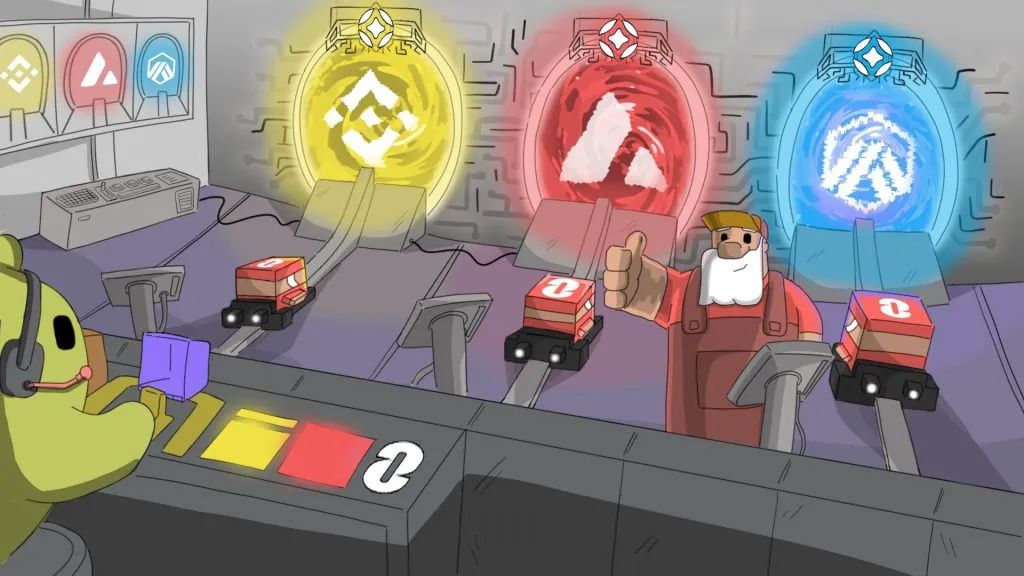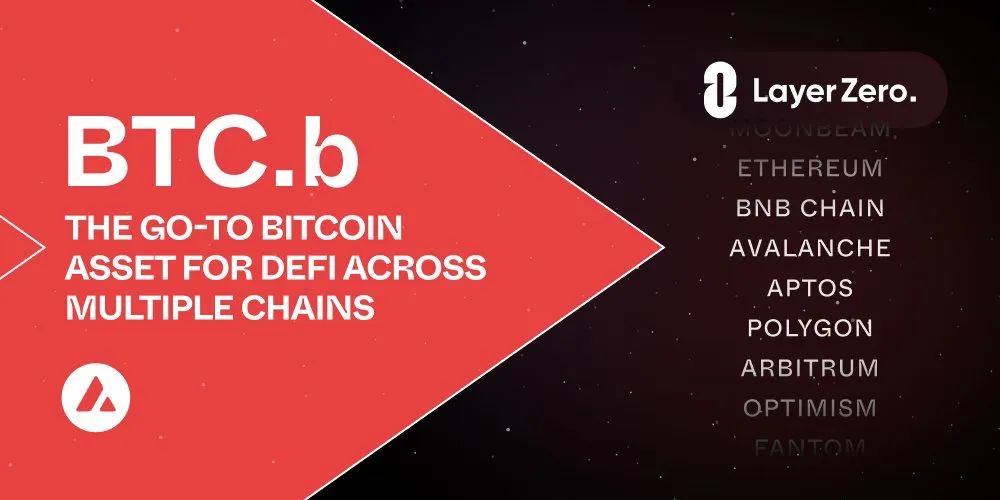By Dong Nuo
Cross-chain token transfer has always been a pain point in the cryptocurrency world. Due to the different architectures and rules of different blockchains, transferring tokens between different chains has become very difficult and inefficient. Before Omnichain Fungible Tokens (OFTs) appeared, various methods had been tried. One of the earliest solutions was to use wrapped assets, that is, to package tokens on one blockchain in a smart contract and then peg them to a specific value on different blockchains. This method can allow tokens to be transferred between different chains, but it also introduces new risks, such as the token losing its anchor, which can cause significant losses to users.
Another method is to use centralized exchanges to facilitate cross-chain transfers. However, this method is usually slow, expensive, and requires users to trust the exchange to custody their funds.
Atomic swaps have also been introduced as a solution for cross-chain transfers. Atomic swaps enable users to exchange tokens between different chains without the need for centralized exchanges. However, atomic swaps are relatively complex to execute, require both parties to be online at the same time, and are not practical for large transfers or users who are unfamiliar with the process.
- Osmosis welcomes a major update, what is Supercharged Liquidity?
- Unexpected turn of events in Binance lawsuit: Judge rejects asset freeze, could a settlement with SEC be possible?
- First case of fund-raising institution in Chuangzhong, Bank of China International and UBS jointly issue tokenized bills based on Ethereum permission version

It wasn’t until the emergence of OFTs in July 2021 that a new solution for cross-chain token transfer was provided, making it easier and more efficient to transfer tokens between different chains. OFTs do not require the use of wrapped assets, reducing the risk of token losing its anchor, and providing a more user-friendly and efficient cross-chain transfer solution. As one of the first decentralized exchanges to adopt the OFT standard for its tokens, Trader Joe starts with Avalanche, Arbitrum, and BNB blockchain platforms, aiming to provide users with a liquidity center that seamlessly connects different blockchains through OFT standards and cross-chain technology. In Trader Joe, users can easily transfer their $JOE tokens between the three supported chains through the Stargate bridge, and the transaction fee is very low. The supported chains of Trader Joe include Avalanche, Arbitrum, and Binance Smart Chain, and users can freely transfer and trade JOE tokens on these chains. By using the OFT standard, Trader Joe provides users with a more convenient and efficient solution for cross-chain token transfer and liquidity.
In the response submitted by Trader Joe, we can see that OFTs have solved three major issues related to cross-chain token transfers. The first is liquidity. With the emergence of OFTs, protocols can easily establish liquidity on new blockchains and handle large transfers. The OFTs standard allows tokens to freely circulate between different blockchains.
The second is user-friendly and convenient. The OFTs standard makes it easy for even inexperienced users to transfer tokens between different chains. In the future, the OFTs standard may even enable seamless all-chain dapps, which will greatly promote the development of cross-chain DeFi applications.
The third is more secure and efficient. The OFTs standard does not package assets, which means that the risk of tokens losing their anchor is eliminated on different chains. A $JOE token is a $JOE token on any chain and will not change due to cross-chain transfers, providing users with a more reliable and efficient solution for cross-chain token transfers.
Another token that adopts the OFT standard is $BTC.b – Avalanche-bridged Bitcoin. With LayerZero’s support, $BTC.b can be cross-chained to other EVM-compatible blockchains such as Arbitrum and BNBChain, providing users with a decentralized WBTC alternative. Using the OFTs standard, $BTC.b tokens can freely transfer and trade between different chains.

As one of the newest partners of Trader Joe, Level__Finance has also adopted the OFT standard for its $LVL token on Arbitrum and #BNB. Other DeFi protocols have also started using LayerZero’s technology to launch and promote their cross-chain expansion. By using the OFTs standard, $LVL tokens can freely transfer and trade between different blockchains. The emergence of the OFTs standard has brought a more reliable and efficient solution for the development of cross-chain DeFi applications, contributing to the healthy development of the cryptocurrency ecosystem.
With support for over 14 primary and secondary chains, the OFTs standard has become one of the defining standards for the future of the entire chain. And with the industry-leading efficiency of the Liquidity Book AMM, users can easily trade OFTs tokens such as $BTC.b, $JOE, $LVL, $STEAK, $RDNT, and more. The OFTs standard provides a more reliable and efficient liquidity solution for the development of cross-chain DeFi applications, helping to drive the cryptocurrency ecosystem towards greater openness and seamlessness. As more DeFi protocols adopt the OFTs standard, cross-chain token transfers and liquidity will become more convenient and efficient, providing users with richer and more diverse cryptocurrency trading and investment options. Let’s look forward to it together!
Like what you're reading? Subscribe to our top stories.
We will continue to update Gambling Chain; if you have any questions or suggestions, please contact us!